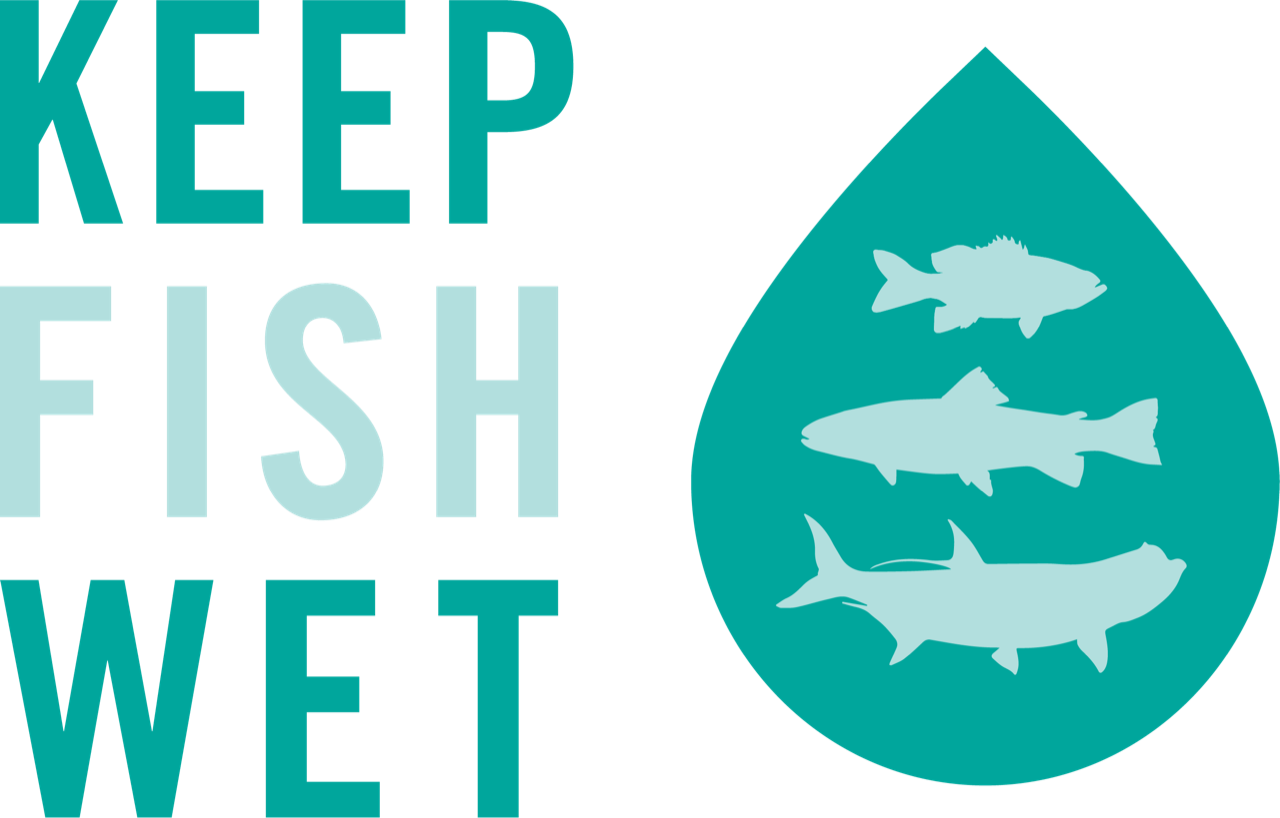Lip gripping devices and your catch. Tiger fish. Dave McCoy photo.
Sport Fishing Magazine recently published an article on A Guide to Lip Grippers. The very last paragraph of the article touches on how lip gripping devices can impact fish and the author states “Many of the lip-grip manufacturers interviewed independently stated that they believe their weight scales do not cause physical damage to fish or inhibit future feeding ability — when the fish is hung vertically”. I decided to dig through the scientific literature to see if anyone had looked at this at this and found only three studies that focused on lip gripping devices, each on different species.
Bonefish The first study looked at if lip-gripping devices caused injury to bonefish. They compared bonefish held vertically in the air with a lip gripper to those held horizontally in the water with a lip gripper, all compared against a ‘control group’ where bonefish were handled only with bare hands Bonefish held with a lip-griping device either vertically or horizontally were prone to injury – 90% of fish had at least minor injuries (which included holes through the tissue of the lower jaw where the lip gripping device was placed) and 35% of fish had major injuries (including broken mandible and separated tongue). Conversely, only one of the fish held by hand had a minor injury and none had major injuries. All fish survived for 48 hours after being handled, but the authors did not monitor for long-term survival or feeding ability.
Injuries sustained to bonefish using a mechanical lip-gripping device. Link to report.
Barramundi In 2009, a different group of scientists looked at how lip grippers compared to nets for holding barramundi (an Australian sportfish). They compared barramundi held in a net with those held vertically by a lip gripper, as well as those held horizontally with a lip gripper and one hand supporting the midsection of the fish. They found that all fish held vertically and 81% of fish held horizontally had holes in their lower jaws. However, no fish had severe injuries as was seen with bonefish. Furthermore, all fish resumed feeding within 3-5 days and all holes healed within three weeks. The scientists also took x-rays of some of the barramundi to see if holding them with lip grippers had any effect on their vertebral alignment. They found that holding barramundi vertically, and to a lesser extent holding them horizontally with the lip gripper causes vertebral separation. None of the vertebrae separations recovered after three weeks. Being water dwellers where the water supports much of their body weight, holding fish in the air has the possibility of causing damage or separation to vertebrae.
Florida Largemouth Bass The most recent study on lip grippers was conducted on Florida largemouth bass and examined the differences between holding largemouth bass vertically with a lip gripper, by hand on the lower jaw using a tilted grip, and using a two-handed hold. They found no difference in feeding behavior, survivorship, or rates of injury between any of the three methods of holding bass. They did, however, find that largemouth bass that were held with the lip-gripping device took longer to recovery than other fish.
Why are these studies important to anglers?
• These three studies constitute a start to the much-needed research on lip-gripping devices, and given the diversity of these devises and the species they are used on, clearly there is more work to be done.
• What these studies do show is that there is a wide variation in how lip-gripping devices affect the incidence of injury on different fish species.
• What I could not find are any studies that examine repeated use of lip grippers, long-term affects on fish, or compare injuries from lip grippers to those caused by nets.
• If tackle manufactures want to make claims that their lip grippers and other fish handling products do not harm fish, they should consider independent testing.
Happy Fishing!
Sascha Clark Danylchuk


